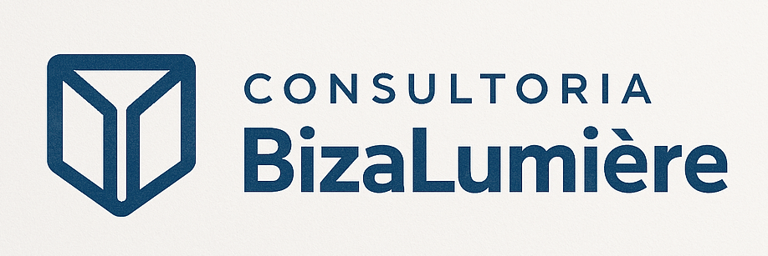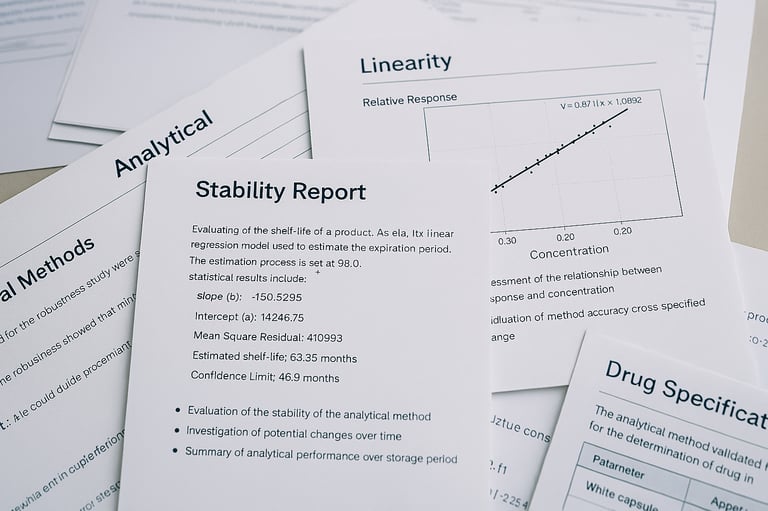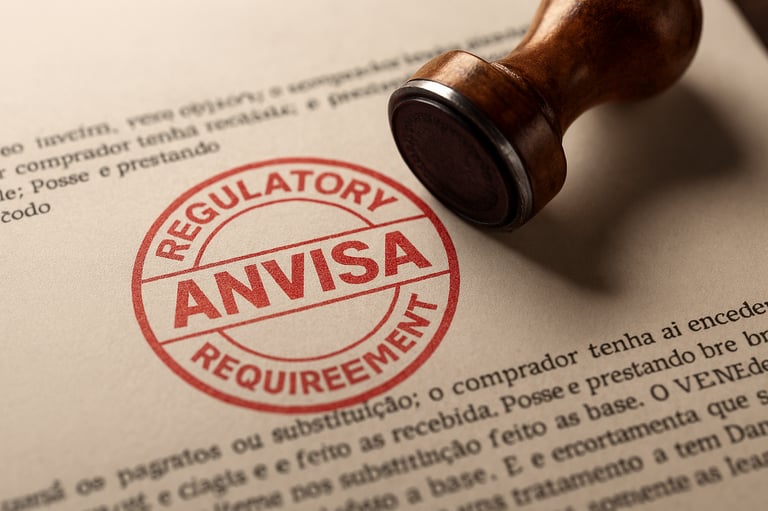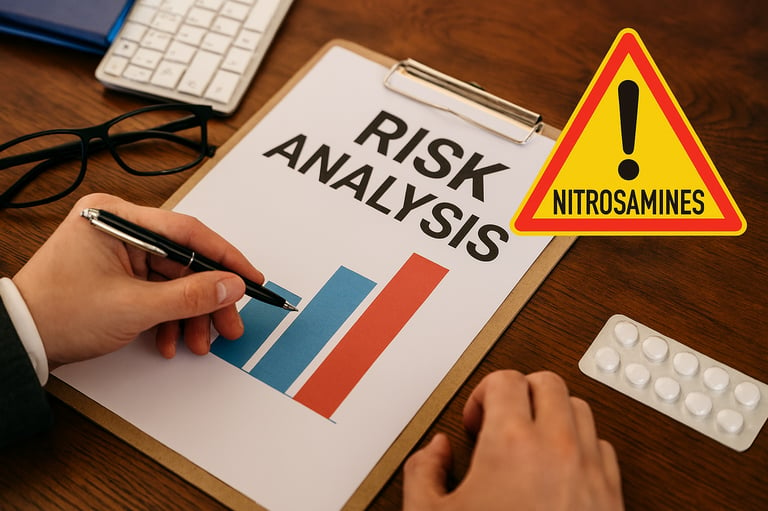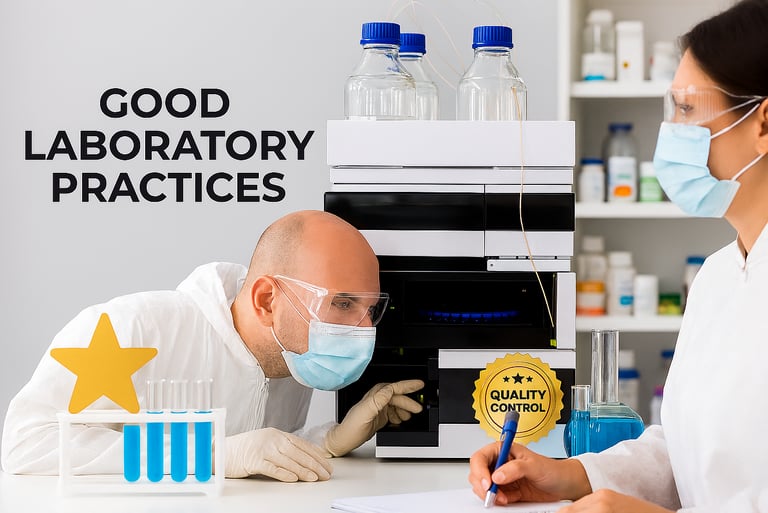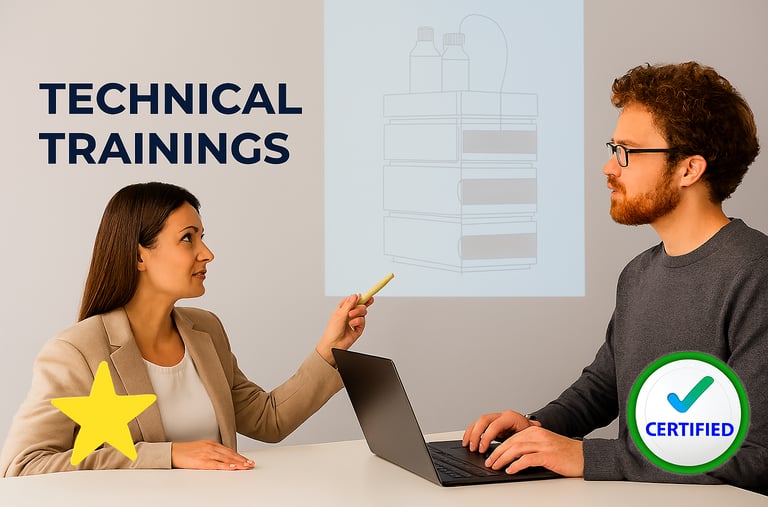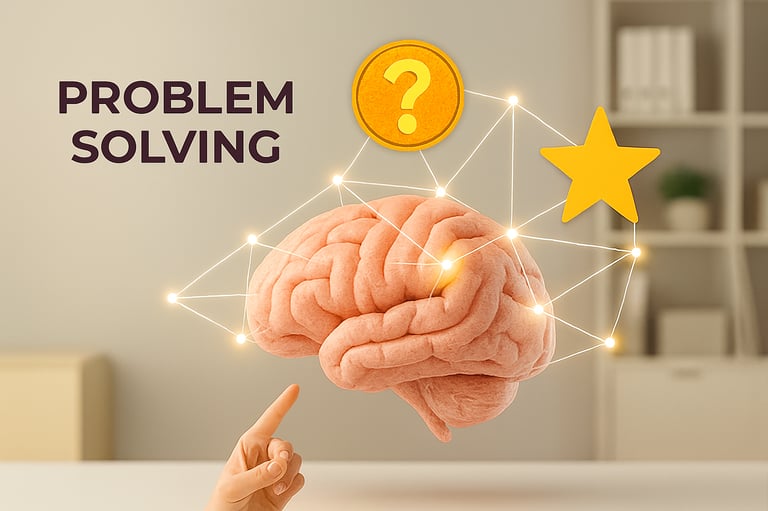Analytical Services
If your company is looking for analytical technical confidence, strategic vision, and excellence in delivery, talk to BizaLumière and discover how to accelerate your results with safety.
Analytical Documentation
Development and review of analytical methods
Validation and analytical transfer protocols and reports
Forced degradation and stability studies (including photostability)
Technical specifications for raw materials, finished products, and packaging materials
Technical justifications for changes, deviations, or critical parameters
Revalidation documentation and analytical batch history
Technical data sheets, certificates, and control of reagents and analytical standards
Version management, traceability, and document archiving
Regulatory and ANVISA
Technical support for regulatory requirements (ANVISA and other agencies)
Preparation of CTD-format dossiers (Modules 2 and 3)
Technical justifications for impurities, solvents, and critical parameters
Evaluation of DMF and CADIFA
Review of technical documents for submission
Stability studies and analytical batch history
Drug–packaging compatibility assessment
Technical support for post-approval changes (Change Control)
Risk Assessment for Nitrosamines
RA of Elemental Impurities (ICH Q3D)
RA of Extractables and Leachables (packaging and contact)
RA of Forced Degradation Products and Related Impurities
RA of Process Impurities and Synthetic Intermediates
RA of Contaminants in raw materials, water, and excipients
Risk assessment in analytical processes
RA based on FMEA, Ishikawa, and deviation history (OOS/OOT)
RA integrated into the analytical lifecycle (ICH Q8, Q9, Q10)
Risk and Impurity Assessment
Quality
Quality deviations and technical investigation
CAPA preparation
Review of SOPs and URS for equipment
Data integrity and document management
Laboratory safety and PPE management
Change Control and management of technical changes
Technical training
Good Analytical Practices (GAP)
Technical training applied to laboratory routine
Quality investigation tools (5W2H, Ishikawa, Pareto)
Interpretation of OOS/OOT results
Application of FMEA and analytical risk analysis
Fundamentals of data integrity (ALCOA+)
Problem solving
Operational and analytical routine failures
Document inconsistencies and technical non-conformities
Out-of-specification results (OOS/OOT) and low analytical robustness
Regulatory requirements and CAPA failures
Issues with impurities, stability, and cross-contamination
Challenges in technical management and team training
BizaLumière
Specialized consulting in Technical Documentation and Analytical Regulatory Requirements
ContaCT
newsletter
© 2025. BizaLumière. All rights reserved.
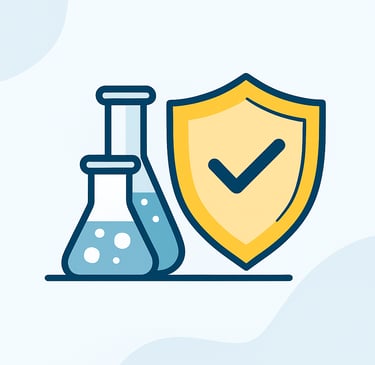
Privacy Policy
